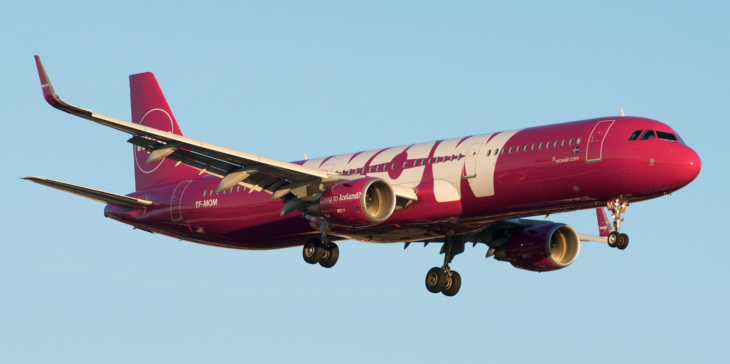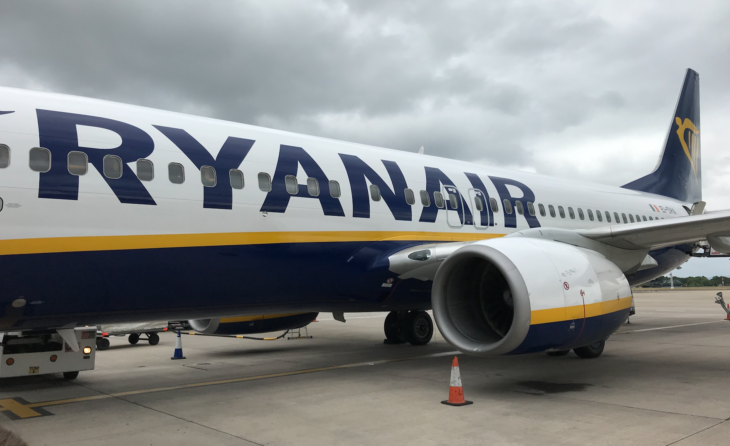The recent announcement of WOW airlines ceasing operations immediately is not a new occurrence. Several low-cost airlines have shut down over the past year and more are possible.
In 2018 Primera Air and earlier this year Flybmi both stopped operating with minimum notice to travelers. These events left travelers stranded at destinations and caused major issues for future flight plans.

When these airlines shutdown, passengers are greatly affected with limited recourse. In addition to not having a flight, recovering the ticket cost is not easy. Some ways to mitigate this are to purchase with a credit card and charge back the purchase. Another option would be to use travel insurance to protect against the occurrence. In the above cases, the airlines went bankrupt and have little resources to recover travelers’ expenses incurred. This means extra nights of accommodations, higher ticket prices for new flights, meal expenses, and other cost will likely not be reimbursed by the airline.
Low cost airlines operate with very tight margins that might not be a long-term viable business model. One of the most well-known low-cost airlines, Norwegian posted sizeable losses in its most recent earnings quarter. This forced Norwegian to make several changes including selling aircraft in their fleet and stopping future on certain routes. The volatility of the low-cost airlines means that its likely other low-cost carriers may cease operations.
A big draw to flying a low-cost carrier like airline is the financial savings from low ticket prices. In conjunction with such prices, many amenities and benefits are not included. Low cost airlines do make some options available for additional cost, but these can add up quickly and offset any base fare savings.
Some low-cost airlines have even change policies with little notice that can impact an already purchased ticket. One example would be in 2018 when Ryanair changed their cabin baggage allowance. Passengers who had already purchased tickets for a future flight were not grandfathered into the original policy.

Traveling usually requires preparation and is difficult to overcome last-minute changes. Flight delays, cancellations, and other unexpected events can negatively impact a travel experience. The low-cost airlines rarely have alliances or partnerships to assist in the event of irregular operations. When a low-cost airline has a maintenance issue or other delay, there are few resources to re-accommodate impacted passengers.
The airline industry is very competitive and constantly changing. Establish airlines have decades of experience, developed strategic partnerships, and have demonstrated a feasible operating model. They are less likely to immediately cease operations. During unexpected events, they have alliances and agreements to help passengers reach their destination. Additionally, they have extensive route networks so that passengers can avoid unprotected transfers.
What’s your thoughts on low-cost carriers, are they worth the cost savings?

This has been going on forever. Laker, People’s Express, Icelandic …
The Majors just lower their fares, provide “basic economy” service and wait until the discount carriers die. Once they fade away, we get a period where the “established carriers” charge higher and remarkably similar fares across the pond.
Repeat endlessly..